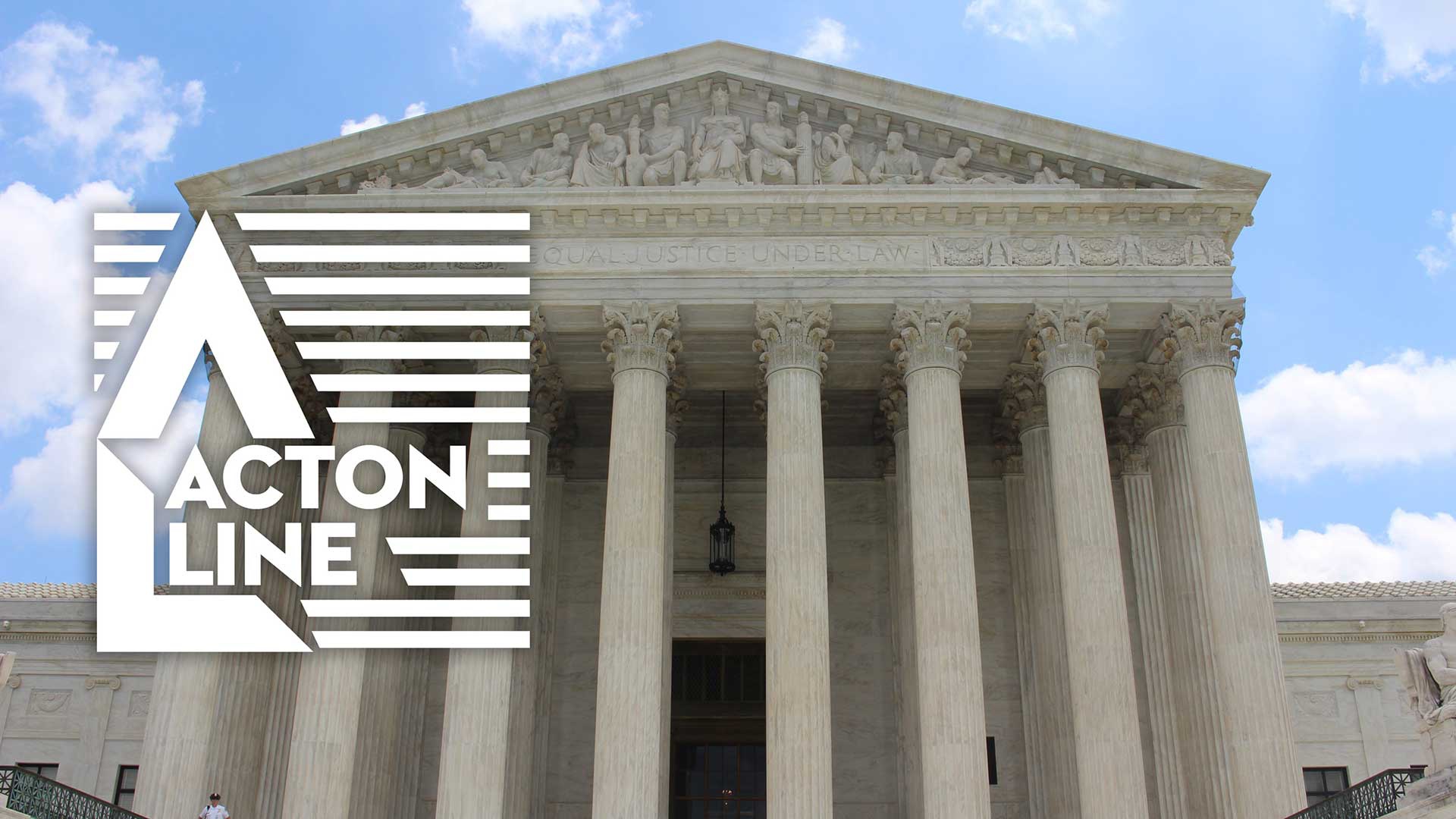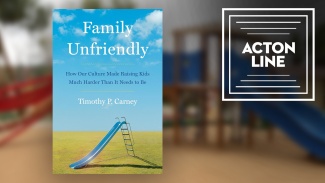
Overview
In a few short days, thousands of federal inmates will be returning home on "earned good time." That’s a result of The First Step Act, a federal prison reform bill which was signed into law in December. Criminal justice reform advocate Mark Holden joins the show to discuss the new law, why these ex-prisoners should have been freed earlier and what reforms should be made in the future.
In 2013, Rose Knick of Scott Township, Pennsylvania, was forced by government agents to allow public access to her property on grounds that there was a suspected gravesite on her land. Knick sued the township and the case worked its way to the Supreme Court. On June 21, justices ruled to restore property right to first class status. Patrick Garry, a professor at the University of South Dakota School of Law and director of the Hagemann Center for Legal & Public Policy Research, explains why the Supreme Court ruled in favor of Knick and put property rights on a firmer foundation.
Check out additional resources for this podcast:
Thousands of ex-prisoners to reunite with their families this month as part of First Step Act
Mark Holden: Four Ideas to Take the Next Step in Criminal Justice Reform
Criminal justice reform: Possible effects of the First Step Act
Podcast: A first step towards criminal justice reform
Landmark Supreme Court decision revives property rights
Supreme Court affirms that property rights are among Americans' most important constitutional rights
Rose Knick on her Supreme Court win: “Doing the Constitution the way it’s supposed to be”














